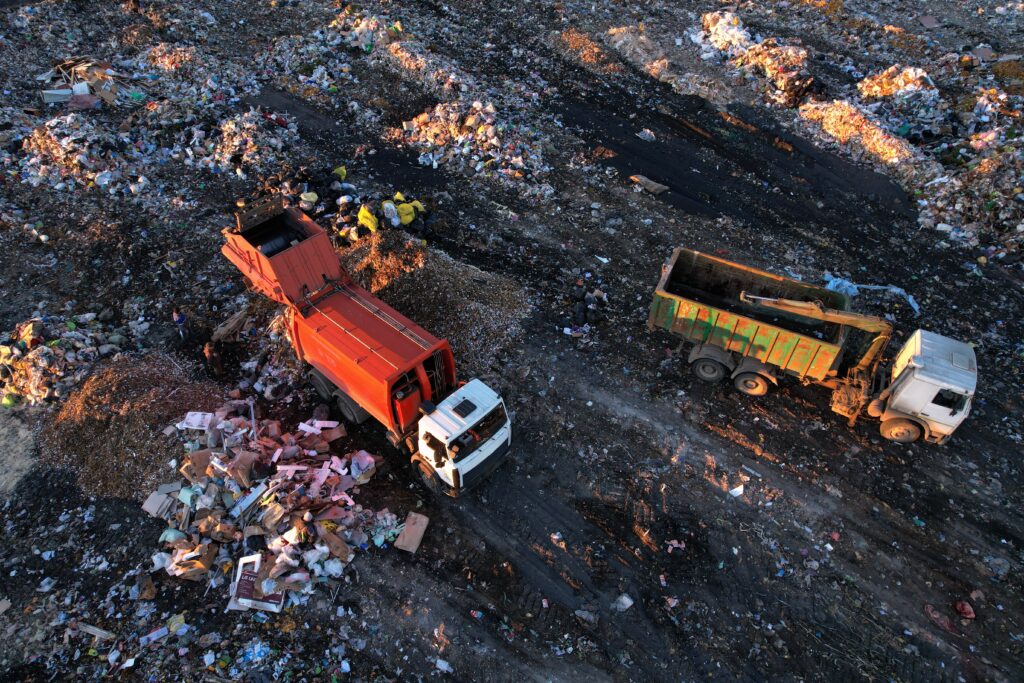Representatives from organisations that process construction aggregates also said that a lack of information and low awareness of standards were obstacles to increasing the uptake of recycled and secondary aggregates – and warned that regulators should ensure legislation was interpreted consistently.
Barriers
The Aggregates Forum organised by the Waste and Resources Action Programme (WRAP) met this week for the first time to identify key barriers to the industry's growth. This is part of its overall aim to help stimulate greater use of recycled aggregates and materials that are by-products of other industrial processes (known as secondary aggregates).
Around 214 million tonnes of aggregates are used in England each year as raw materials for construction. Of this, 50 million already comes form recycled or secondary sources, but there is room for a further 20 million.
Forum member and economist of the Quarry Products Association Jerry McLaughlin said: “The construction industry is already two-thirds of the way down the road on the recycling issue but as you strike out for more ambitious goals the barriers are bound to become more apparent. This forum can heighten awareness of these issues.”
Vital
Chairman of the forum Professor George Fleming, said: “The construction sector accounts for more than 50% of the resources we use in the UK, so it is vital to explore how we can make more sustainable use of aggregates. The forum has made a great start.”
The forum, which will meet every six months, also agreed there was a lack of evidence on the cost-benefit of aggregate use and a shortage of locally available recycled and secondary material. The feedback will be incorporated into WRAP's action plan for breaking down barriers to recycled material use.







Subscribe for free